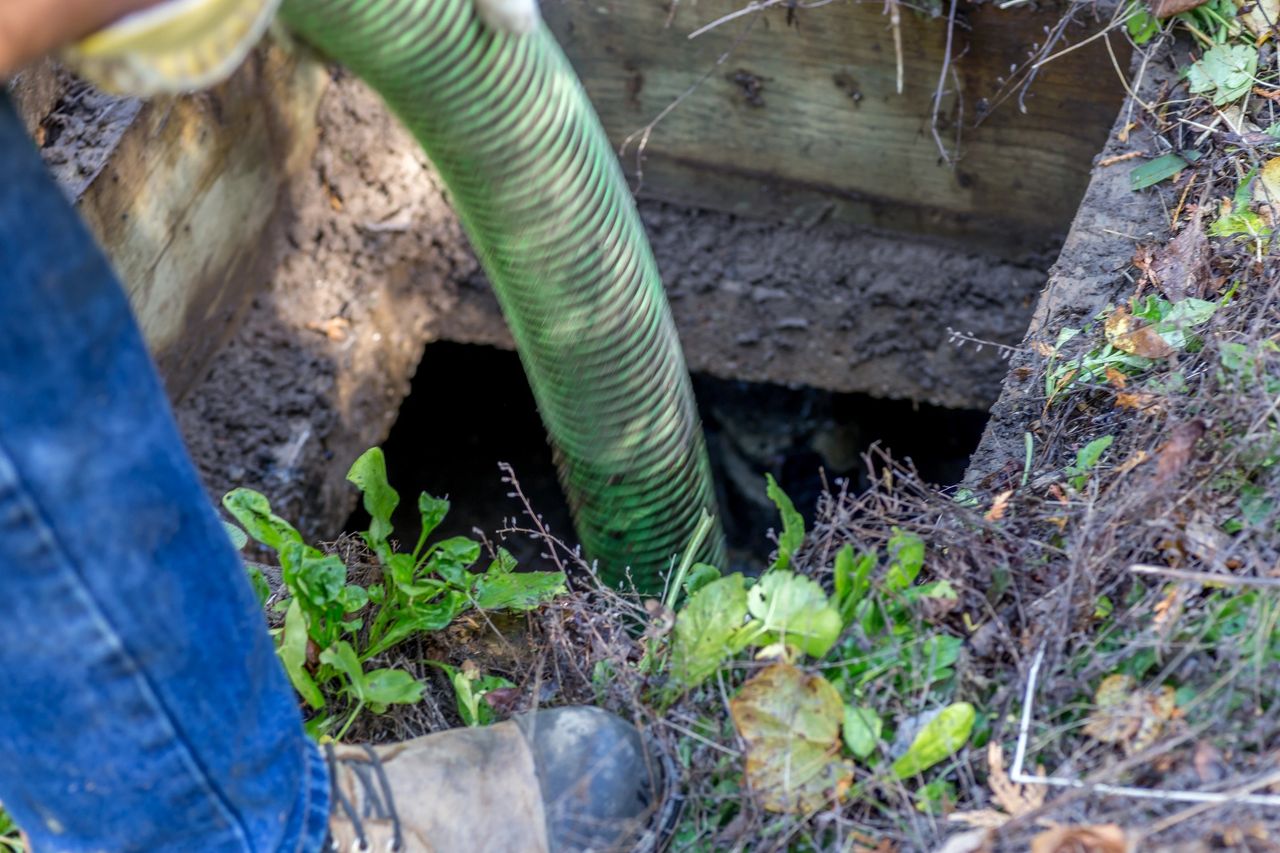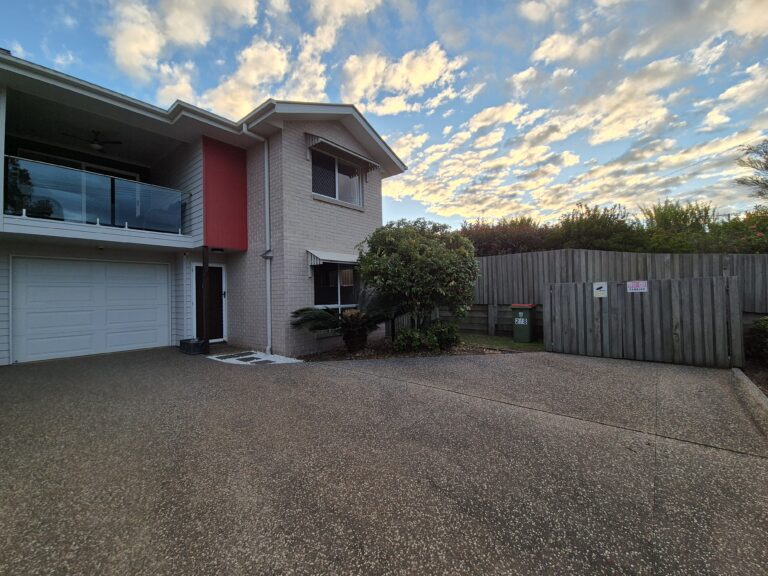Do You Know the Difference Between Septic and Sewerage Systems?
When it comes to purchasing a home, there are countless decisions to make, each with its own set of implications. One significant choice that can greatly affect your experience as a homeowner is whether the property utilizes a septic system or is connected to a community sewerage system. While both systems serve the purpose of waste disposal, they differ in several key aspects that buyers should carefully consider. In this blog, we’ll delve into the distinctions between opting for a house with a septic system versus one with a sewerage connection.
Understanding Septic Systems:
Let’s start by unraveling the mystery of septic systems. Essentially, a septic system is an on-site wastewater treatment system commonly found in rural areas or properties not served by municipal sewage systems. It consists of a buried septic tank where household wastewater flows. Within the tank, solids settle to the bottom to form sludge, while liquids float to the top. Bacteria in the tank break down organic matter, and the treated liquid then flows into a drain field where it’s further filtered and absorbed into the soil.
Pros of Buying a Home with a Septic System:
1. Independence: Homes with septic systems enjoy a degree of autonomy from municipal services, avoiding fluctuations in rates or potential service disruptions.
2. Lower Monthly Costs: Since there are no monthly sewer bills associated with a septic system, homeowners may experience reduced ongoing expenses compared to those connected to municipal sewerage.
3. Environmental Impact: Well-maintained septic systems can be environmentally friendly as they treat wastewater on-site, lessening the load on centralized treatment facilities.
Cons of Buying a Home with a Septic System:
1. Maintenance Responsibility: Homeowners bear the responsibility of maintaining the septic system, including regular inspections, pumping, and potential repairs. Neglecting maintenance can lead to costly issues and environmental harm.
2. Limited Lifespan: Septic systems have a finite lifespan and may require replacement or significant repairs over time, posing a considerable financial burden.
3. Regulatory Compliance: Homeowners with septic systems may need to comply with specific regulations concerning installation, maintenance, and inspection, depending on the location and local regulations.
Understanding Sewerage Connection:
On the flip side, a sewerage connection means the property is linked to a municipal sewage system. Wastewater from the house is conveyed through underground pipes to a centralized treatment facility operated by the municipality, where it undergoes treatment before being discharged back into the environment.
Pros of Buying a Home with a Sewerage Connection:
1. Convenience: Homeowners connected to municipal sewerage systems enjoy the convenience of not having to worry about maintaining a septic system. The municipality handles the operation and maintenance of the sewage infrastructure.
2. No Maintenance Costs: Since the municipality manages the sewage system, homeowners are spared the costs associated with septic system maintenance, such as pumping and repairs.
3. Longevity: Municipal sewerage systems are designed for long-term use and are typically built to withstand heavy usage, reducing the likelihood of major system failures.
Cons of Buying a Home with a Sewerage Connection:
1. Monthly Fees: Homeowners connected to municipal sewerage systems typically incur monthly fees for sewer services, which can vary depending on usage and local rates, adding to the ongoing costs of homeownership.
2. Dependency: Relying on municipal services means homeowners are subject to any changes in rates, regulations, or potential service disruptions.
3. Limited Control: Homeowners, mostly those in rural living locations, connected to municipal sewerage systems have limited control over the infrastructure, as it’s managed by the municipality. Any issues or repairs must be addressed by municipal authorities, potentially leading to delays.
In conclusion, it is crucial to understand what you are buying and the infrastructure that services the property. This choice involves more than just the immediate costs or conveniences; it affects long-term maintenance responsibilities, environmental impact, and even regulatory compliance. Whether opting for the independence of a septic system or the convenience of a sewerage connection, prospective homeowners should thoroughly assess their options, considering factors such as lifestyle preferences, financial implications, and environmental considerations. By understanding the differences between these systems and their respective implications, buyers can make informed decisions that align with their needs and priorities, ensuring a more satisfying homeownership experience in the long run.







